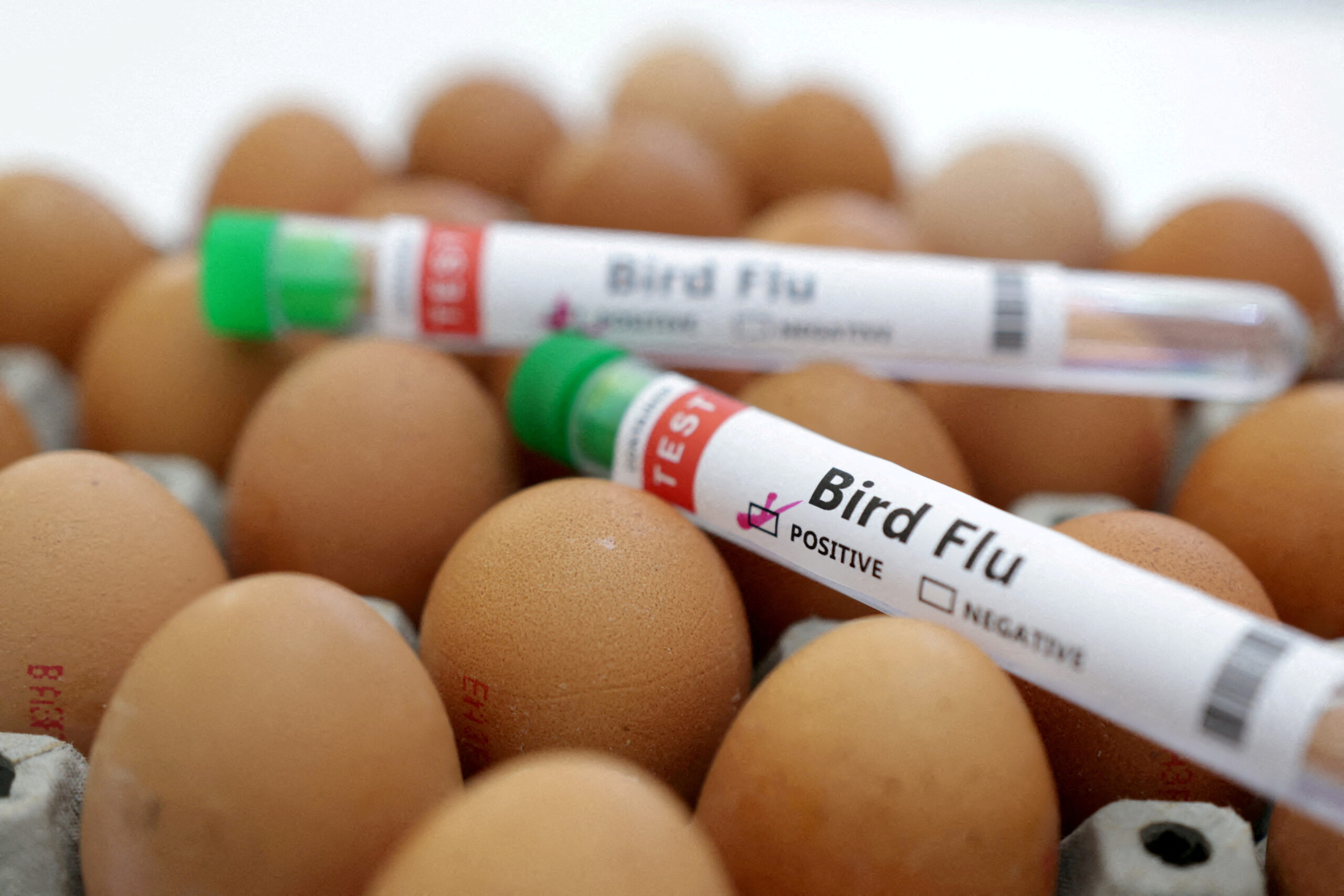The recent discovery of avian influenza Type A H5N1 in a Texas dairy farm worker has raised significant concerns among scientists and health experts about its potential to evolve into a pandemic. Unlike previous strains primarily affecting birds, this variant has adapted to infect cattle and has already caused human infections, signaling a troubling shift in its behavior.
A study published in Nature highlighted that H5N1 from infected cows can spread to the mammary glands of mice and ferrets, indicating an ability to infect mammalian hosts beyond birds. While current strains exhibit limited respiratory transmission efficiency in humans, they have shown dual binding capabilities to mammalian receptors in the upper respiratory tract. This adaptation suggests a potential pathway for the virus to enhance its ability to spread among humans, akin to previous pandemic viruses like SARS-CoV-2.
Keith Poulson, co-author of the study, emphasized the urgency of monitoring and proactive measures. He stressed that while H5N1’s current transmission dynamics may not favor widespread human-to-human spread, its ability to bind to mammalian receptors necessitates robust surveillance and preparedness efforts. Efforts are underway to develop an mRNA vaccine targeting bird flu, leveraging lessons learned from the COVID-19 pandemic to bolster pandemic preparedness.
Dr. Rajendram Rajnarayanan highlighted the critical role of genomic surveillance in detecting mutations that could facilitate efficient human-to-human transmission. Continued monitoring and surveillance efforts are crucial to understanding and mitigating the evolving risks posed by this virus.
Read More News:
- Health Inspection Highlights: Church’s Chicken Scores 56, Steamhouse Lounge Achieves Perfect 100
- Georgia Health Watch: Surprising Link Between Plant-Based Foods and Heart Disease in Chatham County
As scientists and health officials intensify efforts to prevent H5N1 from establishing endemicity in dairy herds and mitigate its potential to cause widespread human infections, proactive measures and swift actions remain essential in safeguarding public health against this emerging threat.
Reference Article:

